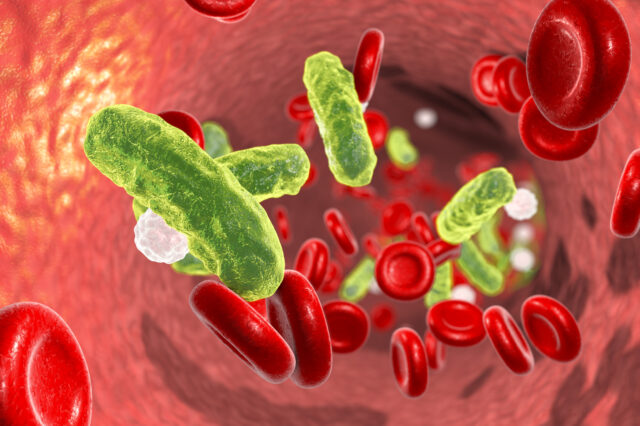Sepsis, often called the “silent killer,” is a life-threatening medical emergency that arises when the body’s response to an infection injures its own tissues and organs. In Nigeria, where healthcare infrastructure faces significant challenges and public health education remains limited in many areas, sepsis continues to take countless lives—many of which could be saved through early detection, prompt treatment, and increased awareness.
This article aims to raise awareness about sepsis in Nigeria, highlight prevention strategies, treatment options, and emphasize the importance of early diagnosis.
What Is Sepsis?
Sepsis occurs when an infection triggers a chain reaction throughout the body, leading to inflammation, tissue damage, organ failure, and potentially death. It can result from various infections, including those affecting the lungs (pneumonia), urinary tract, skin, or abdomen.
Common symptoms of sepsis include:
- Fever, chills, or feeling very cold
- Rapid breathing and heart rate
- Confusion or disorientation
- Extreme pain or discomfort
- Clammy or sweaty skin
If not treated quickly, sepsis can lead to septic shock, organ failure, and death. According to the World Health Organization (WHO), sepsis affects millions globally each year and is a major cause of mortality, particularly in low- and middle-income countries like Nigeria.
Sepsis in Nigeria: A Hidden Public Health Crisis
In Nigeria, many factors contribute to the underdiagnosis and high mortality rates of sepsis:
- Limited awareness: Many patients and even some healthcare workers do not recognize early symptoms of sepsis.
- Delayed treatment: Inadequate access to quality healthcare and diagnostic tools often delays the initiation of life-saving treatments.
- Poor sanitation: A high burden of infectious diseases due to poor hygiene and sanitation increases sepsis risk.
- Antibiotic resistance: Widespread misuse of antibiotics in Nigeria contributes to resistant infections, complicating sepsis management.
Prevention of Sepsis
Sepsis is largely preventable with the right public health measures. Here are key steps to prevent it:
- Vaccination
Ensure children and adults receive vaccinations for diseases like pneumonia, influenza, and meningitis—common sepsis triggers. - Proper Hygiene and Sanitation
Hand washing with soap, proper wound care, and clean water access can significantly reduce infection rates. - Prompt Treatment of Infections
Seek medical attention early for infections. Avoid self-medication, especially with antibiotics. - Safe Childbirth and Maternal Care
Improve hospital sanitation and access to skilled birth attendants to reduce sepsis risk in mothers and newborns. - Education and Awareness
National campaigns should educate communities and healthcare workers on the signs of sepsis and the need for urgent care.
Cure and Treatment of Sepsis
Sepsis is treatable, especially when identified early. Standard treatment includes:
- Immediate Hospitalization
Sepsis is a medical emergency that requires intensive care and monitoring. - Antibiotic Therapy
Broad-spectrum antibiotics are usually administered immediately, even before a specific infection is identified. - Supportive Care
Includes intravenous fluids, oxygen, and medications to stabilize blood pressure and support failing organs. - Surgical Intervention
In cases where an abscess or infected tissue must be removed.
Recovery from sepsis can be prolonged, especially in severe cases, and may require rehabilitation.
The Role of Government and Healthcare Institutions
To reduce the burden of sepsis in Nigeria, government and health agencies must:
- Strengthen public health systems
- Train frontline healthcare workers on early recognition and response
- Improve access to diagnostic tools and antibiotics
- Launch nationwide sepsis awareness campaigns
Conclusion
Sepsis is a serious but preventable and treatable condition. With increased awareness, timely medical intervention, and improved healthcare infrastructure, Nigeria can significantly reduce sepsis-related deaths. Communities must be educated on the importance of recognizing infection symptoms early and seeking professional healthcare, rather than relying on self-medication or traditional remedies.
Remember: Early detection saves lives. When in doubt, seek medical help immediately.
